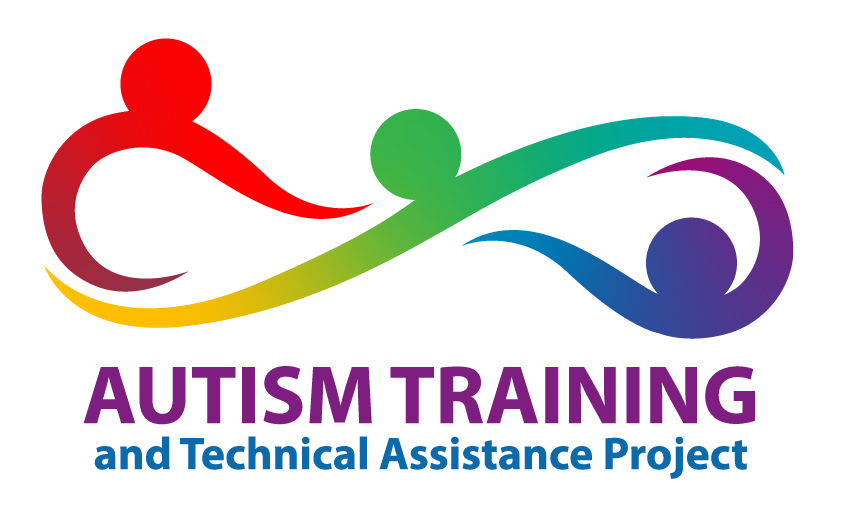Many organizations and agencies have developed resources related to postsecondary education and employment. The list below contains valuable information that you may find useful as you support students preparing to transition from secondary educational settings to postsecondary education or competitive employment.
ATTA Resources
Support Changes from High School to College
The following document provides an overview of general differences between legislation, services, and supports available in secondary compared to postsecondary education. This document is useful for developing proper expectations for students with ASD transitioning to secondary education and demonstrating the importance of self-advocacy when entering a postsecondary setting.
This document is designed to guide students with ASD in identifying key points on a syllabus. The document can also be used as a self-assessment for instructors and administrators reviewing syllabi to ensure they are organized, understandable, and promote accessibility.
When Should I Disclose My Autism
The decision to disclose a diagnosis of ASD is a personal and sometimes sensitive process. This document provides a list of considerations and some helpful suggestions for students who face the decision to disclose their ASD to others and considers academic, employment, and social contexts.
This sample questionnaire is designed to provide an understanding of a student's knowledge related to living independently and making use of services. It also includes several areas related to disability and accommodation that can be useful if students are willing to voluntarily provide information.
General Resources
ASD Professional Learning & Universal Support Project (A+)
The ASD Professional Learning & Universal Support Project (A+) at Illinois State University assists the Illinois State Board of Education in addressing the significant behavior needs of children and youth with Autism Spectrum (ASD) and related behavior and communication disorders.
Center for Intensive Behavioral Support
The Center for Intensive Behavioral Supports (CIBS) project at Illinois State University partners with the Illinois State Board of Education (ISBE) to develop professional learning and resources to reduce the use of physical restraint, time out, and isolated time out over the next three years.
Autism Speaks Transition Tool Kit
Autism Speaks has developed tools to help adolescents in their transition to adulthood. The Transition Tool Kit was created to serve as a guide to assist families on this journey and covers the topics of self-advocacy, transition plans, community living, employment options, housing, legal matters, and more.
Eight Steps to School-Based Employment Training for Adolescents with Autism Spectrum Disorder and Intellectual Disabilities
Journal Article. Physical Disabilities: Education and Related Services – Juliet E. Hart Barnett and Robert Crippen
National Autism Center: Resources
The National Autism Center has made free resources available through their online library. These resources include a guide on using evidence-based practices in schools, national standards reports, and many others.
National Professional Development Center on Autism Spectrum Disorder (NPDC)
The NPDC provides a number of modules that introduce evidence-based practices including some that can be used to teach students with ASD to perform new skills. Each module can be accessed independently and provides guidance on one specific best-practice.
Think College
Think College has a college search by state with college programs for inclusive higher education options for individuals with intellectual disabilities.
National Collaborative on Workforce and Disability (NCWD)
The National Collaborative on Workforce and Disability for Youth (NCWD/Youth) serves all youth, including youth with disabilities. The NCWD/Youth, created in 2001, is made available by a grant from the U.S. Department of Labor’s Office of Disability Employment Policy (ODEP). The NCWD provides resources on education, employment, and independent living.


